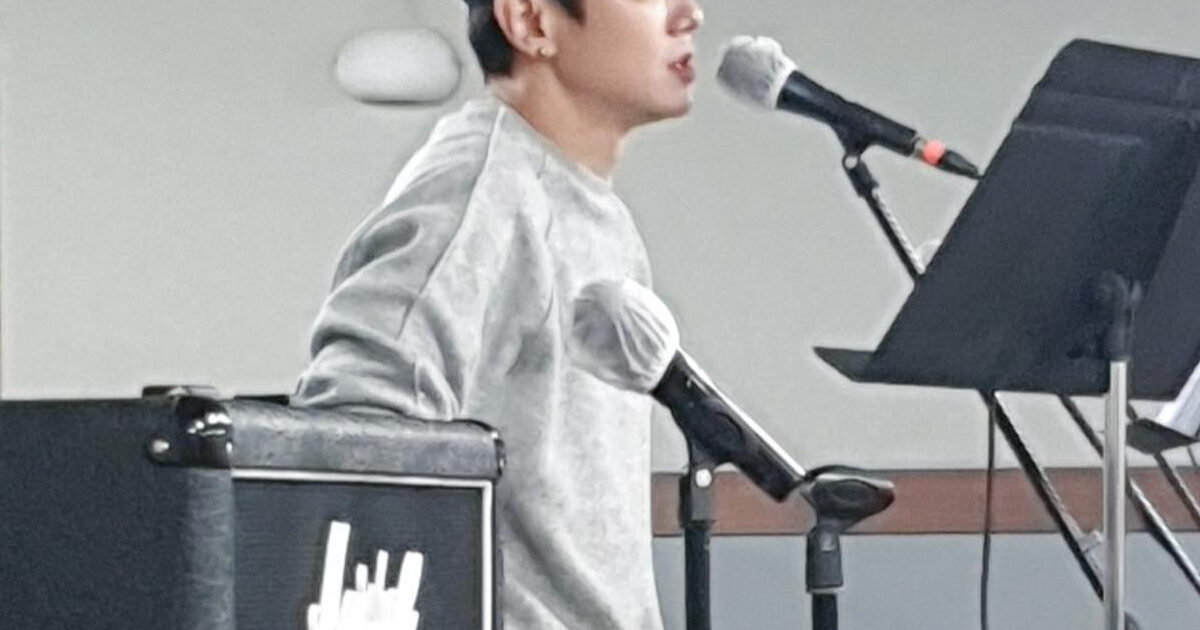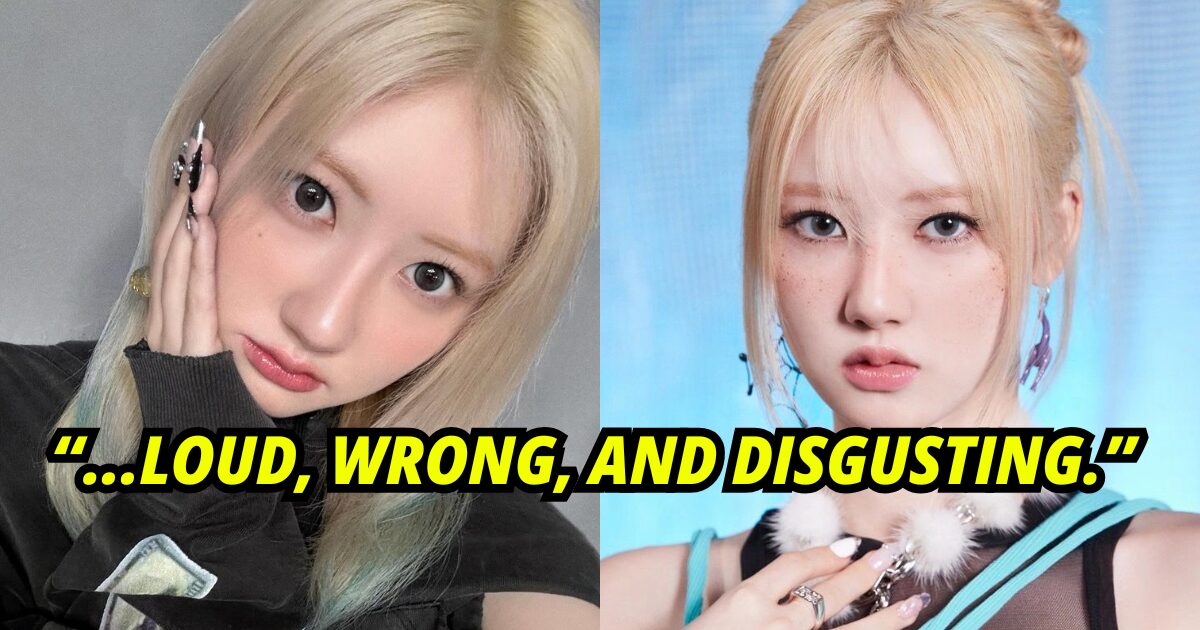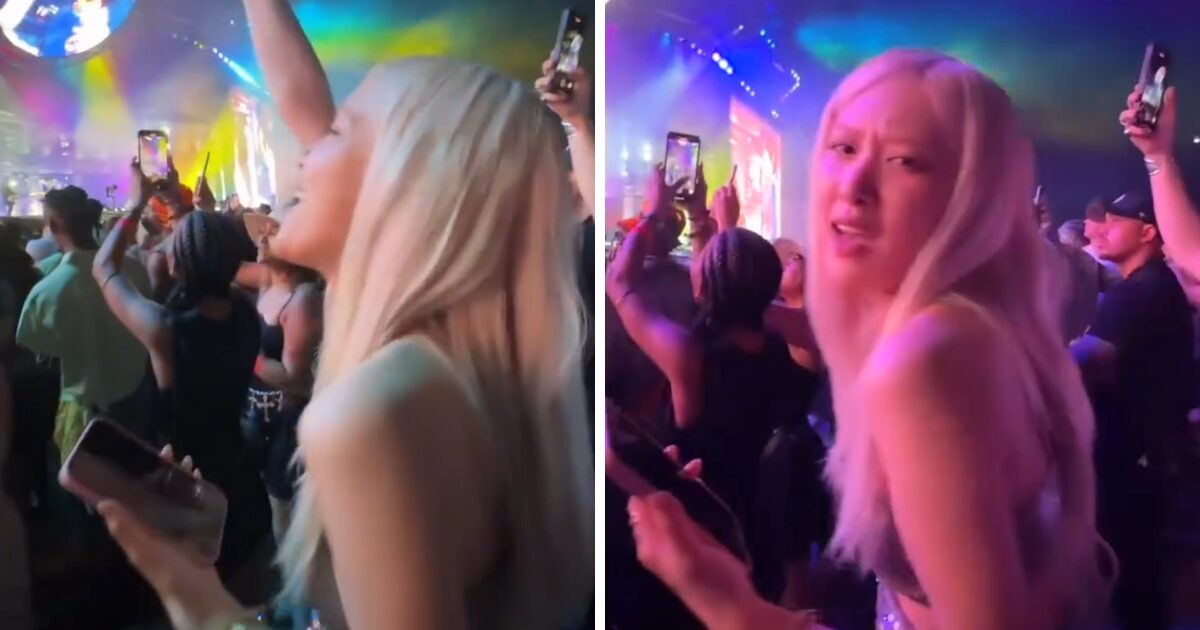In recent years, Japanese films and J-Pop have gained significant popularity in South Korea. This trend is especially strong among the MZ generation, which includes Millennials and Gen Z. The box office success of films like "Your Eyes" and "The First Slam Dunk" highlights this growing appreciation. These movies have moved from niche appeal to mainstream favorites, showing that Japanese content is now a vital part of popular culture.
Recent releases such as "Attack on Titan: The Final Season" have drawn large audiences, indicating a cultural shift in South Korea’s acceptance of Japanese cinema. The re-release of classics like "Swing Girls" and "April Story" further demonstrates this trend. These films entertain and evoke nostalgia, bridging generational gaps and fostering a shared appreciation for storytelling.
The future looks promising for Japanese films in South Korea. Several highly anticipated animated films are on the way, including "Ninja Boy Rantaro: The Strongest Ninja" and "Kaiju No. 8: Mission Recon." These films have already seen commercial success in Japan, generating excitement among South Korean film enthusiasts eager for more.
The evolution of media consumption has played a crucial role in this cultural exchange. Streaming services have made Japanese content easily accessible. This allows audiences to explore various films, dramas, and music from home. Platforms like Netflix have become essential for viewers to discover and engage with Japanese culture.
Additionally, the rise of J-Pop artists in South Korea is noteworthy. Performances by stars like Yonezu Kenshi and Mika Nakashima have captivated audiences, highlighting J-Pop’s growing popularity. This influx of musical talent enhances cultural exchange, fostering an environment where appreciation for each other’s culture can thrive.
Social media platforms like TikTok and YouTube have accelerated this cultural shift. They allow younger generations to engage with Japanese content in creative ways, separating cultural appreciation from political contexts. This openness has led to a more favorable reception of Japanese media.
Cultural critics, including Jeong Deok-hyun, have observed this gradual acceptance of Japanese content, especially after the COVID-19 pandemic. As barriers to access have diminished, audiences are more willing to embrace diverse cultural narratives, creating a richer cultural landscape.
In conclusion, the rising popularity of Japanese films and J-Pop in South Korea signifies a profound cultural exchange. Boundaries dissolve as appreciation transcends politics. As film, music, and art continue to intertwine, the future promises an exciting journey of shared experiences and mutual respect.
This article has been written by Kpopmap AI writer and while we have made efforts to ensure the accuracy of the article, there may be errors or inaccuracies.
 4 weeks ago
11
4 weeks ago
11



















 English (US) ·
English (US) ·